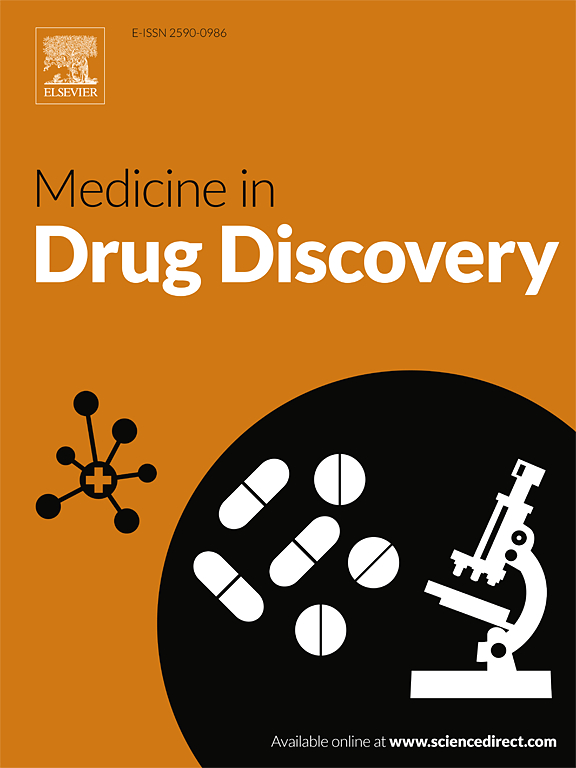Flavonoids and anxiety: decoding their role in brain function and pathophysiology
Q2 Medicine
引用次数: 0
Abstract
Anxiety disorder ranks among the most common mental health issues globally, thereby emphasizing the pressing necessity for the development of safer and more effective treatment alternatives. A noteworthy class of compounds in this context is flavonoids, which are naturally polyphenolic substances found in abundance within fruits, vegetables, and various medicinal plants. These compounds have garnered attention as candidates for the modulation of behaviours associated with anxiety. Examining the neurological mechanisms that underlie the anxiolytic effects of flavonoids reveals significant interaction with essential neurotransmitter systems. Specifically, engagement with serotonergic and dopaminergic pathways has been observed, indicating the multifaceted nature of flavonoids’ influence on anxiety responses. The biological activities, including antioxidant, anti-inflammatory properties, contribute to an additional layer to the potential therapeutic effect. Therefore, this review mainly focuses on the pathological facets of anxiety and explores the possible mechanism of flavonoids with the preclinical and clinical aspects for curing anxiety. Moreover, a growing body of experimental and clinical evidence indicates that certain flavonoids, including apigenin, quercetin, and luteolin, possess a considerable capacity to mitigate symptoms of anxiety, frequently resulting in a reduced incidence of adverse effects relative to traditional pharmacological therapies. This body of work reinforces the proposition that flavonoids may serve as viable natural alternatives to supplementary treatments in the management of anxiety disorders. Nevertheless, it remains imperative that additional research is conducted to clarify the mechanisms underlying the pharmacological effects of these flavonoids. Furthermore, investigations aimed at optimizing their bioavailability and validating clinical efficacy through extensive human trials are essential to fully ascertain their therapeutic potential in anxiety management.
类黄酮与焦虑:解码它们在脑功能和病理生理中的作用
焦虑症是全球最常见的精神健康问题之一,因此,迫切需要开发更安全、更有效的治疗方案。在这种情况下,一类值得注意的化合物是类黄酮,它是一种天然的多酚物质,在水果、蔬菜和各种药用植物中含量丰富。这些化合物作为与焦虑相关的行为调节的候选物引起了人们的注意。研究黄酮类化合物抗焦虑作用的神经机制揭示了其与基本神经递质系统的重要相互作用。具体而言,已观察到与血清素能和多巴胺能通路的参与,表明类黄酮对焦虑反应的影响具有多方面的性质。生物活性,包括抗氧化,抗炎特性,有助于额外的一层潜在的治疗效果。因此,本文主要从焦虑的病理方面进行综述,并从临床前和临床方面探讨类黄酮治疗焦虑的可能机制。此外,越来越多的实验和临床证据表明,某些类黄酮,包括芹菜素、槲皮素和木犀草素,具有相当大的缓解焦虑症状的能力,与传统的药物治疗相比,往往导致不良反应的发生率降低。这项工作强化了黄酮类化合物可能作为焦虑障碍管理补充治疗的可行的天然替代品的主张。然而,仍有必要进行更多的研究来阐明这些类黄酮的药理作用机制。此外,旨在优化其生物利用度和通过广泛的人体试验验证临床疗效的研究对于充分确定其在焦虑管理中的治疗潜力至关重要。
本文章由计算机程序翻译,如有差异,请以英文原文为准。
求助全文
约1分钟内获得全文
求助全文
来源期刊

Medicine in Drug Discovery
Medicine-Pharmacology (medical)
CiteScore
8.30
自引率
0.00%
发文量
30
审稿时长
21 days
期刊介绍:
 求助内容:
求助内容: 应助结果提醒方式:
应助结果提醒方式:


